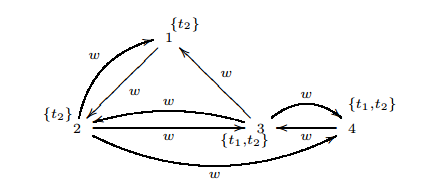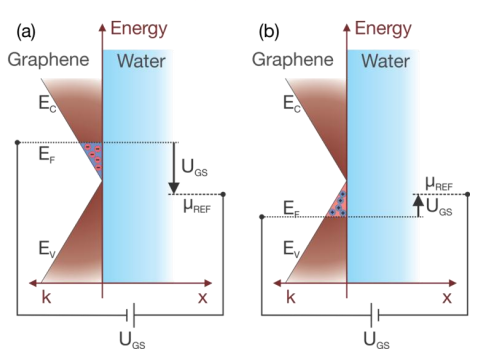- Braess' Paradox Infects Social Networks Too, Say Computer Scientists
- Pinterest’s Founder: Algorithms Don’t Know What You Want
CEO Ben Silbermann says Pinterest is built on the idea that crowds of people are best at finding content that consumers care about.
In 2012 the startup Pinterest became a peer of more established social sites by offering things that they didn’t—an attractive design, a focus on images rather than text, and a mostly female population of users. On Pinterest, people use virtual “pinboards” to curate collections of images related to their hobbies and interests, discovering new items for their virtual hoards on the boards of friends and in the site’s personalized recommendations. Tom Simonite, MIT Technology Review’s senior IT editor, recently spoke with Ben Silbermann, Pinterest’s cofounder and CEO, about the company’s popularity.
- The Bank Where Doctors Can Stash Your Genome
- How A Tablet App Could Help Diagnose Concussions
Fighting concussions. There’s an app for that.
The Wyss Institute, at Harvard, has developed a tablet application that, among other things, could help diagnose concussions on the sidelines of a football match. Wyss reports on the findings on its site (and in the Journal of Gerontology); CNET and others have taken also taken note.
- The Brain is Not Computable
- Graphene And The EmergingTechnology of Neural Prostheses
- Ambri’s Better Grid Battery
A tiny startup called Ambri wants to transform our energy system with massive liquid-metal batteries.
Standing next to the Ping-Pong table in the offices of the battery startup Ambri, chief technology officer David Bradwell needs both hands to pick up what he hopes will be a building block for a new type of electricity grid. Made of thick steel, it’s a container shaped like a large round cake pan, 16 inches in diameter. Inside it are two metal pucks and some salt powder; a round plate has been welded to the top to make a 100-pound battery cell.
- Adventures in Infinite File Storage
Bitcasa’s limitless storage service is a cool idea, but it needs work.
Imagine never having to worry about running out of space on your laptop, tablet, or smartphone for pictures, videos, or documents; or even having to remember where you saved a file. It’s a wonderful idea and we’re getting closer, but we aren’t there just yet.
- Nanocapsules Sober Up Drunken Mice
Wrapping alcohol-digesting enzymes in a nanoscale polymer allows them to quickly reduce blood alcohol content.
Researchers have reduced blood alcohol levels in intoxicated mice by injecting them with nanocapsules containing enzymes that are instrumental in alcohol metabolism. The treatment demonstrates a novel drug delivery technology that could have broad medical applications.
Digest powered by RSS Digest




